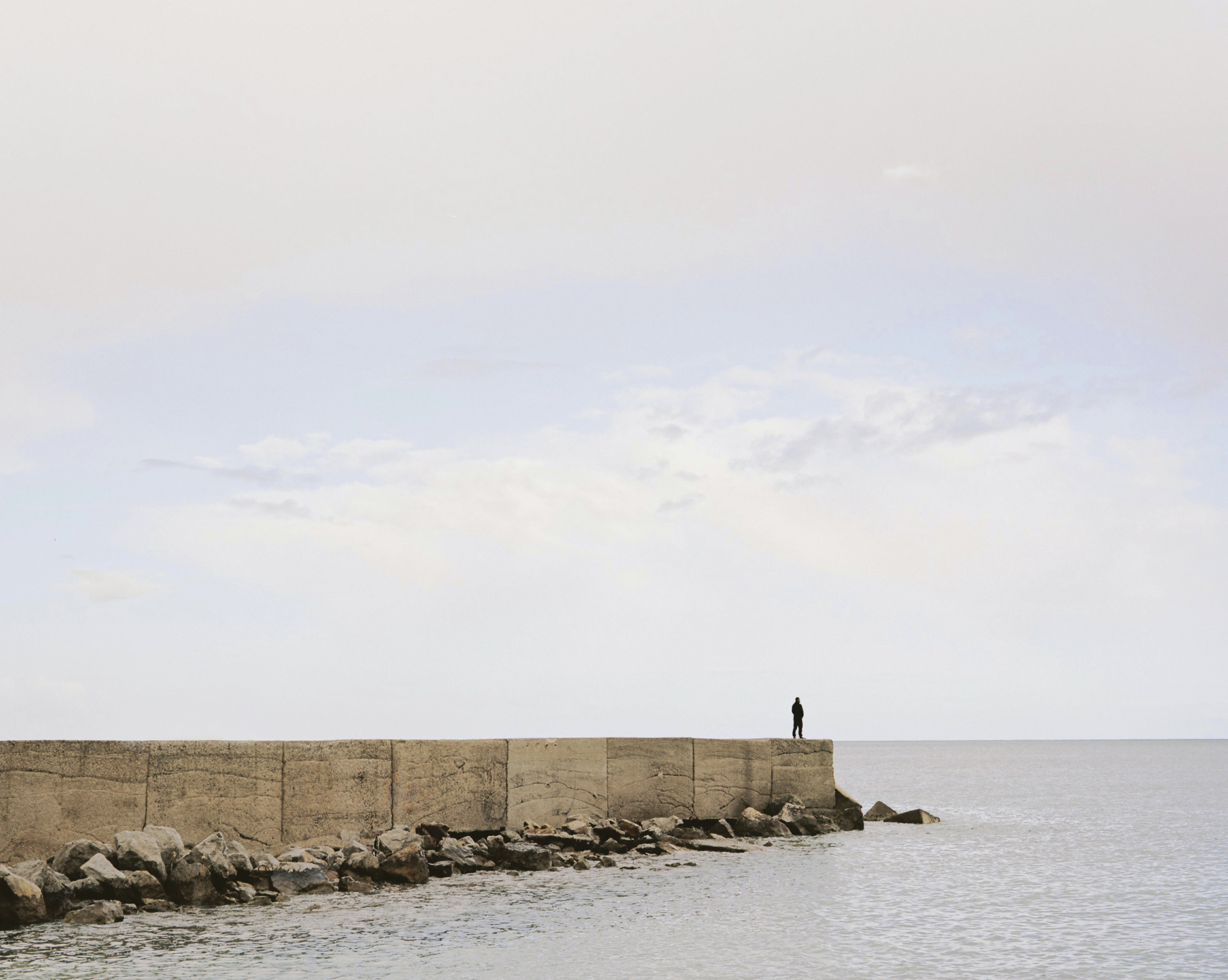
Blue Ulysses
Walking, sailing, in the footsteps of Homer's Odyssey, I embark on a quest : the mythological color Blue Ulysses.
It would be utopian to attempt an exact transcription of the text and geography of the Odyssey. This is where its eternal modernity lies, in the diversity of interpretations it has inspired for over twenty-five centuries. Passages from the old poem have provided a form of map, like companions on the road. Sicily and its surrounding islands are the territory, places that served in part as inspiration for the original work. A map and a territory, with tangible matter, that attempt to sketch out a chimerical color. This mythological blue serves as a canvas to evoke Sicily's relationship with the Mediterranean Sea, between the traces of the past and the affirmation of a contemporary reality at the crossroads of civilizations.
Does a color in itself contain a story ?
Following the variations of a color engages me in a concrete and sensory dialogue between my imagination and the confrontation with reality. Let your eye become a canvas. The Sicily from the XXIst century is still brimming with symbols in explicit reference to the thousand-year-old figure of Ulysses and ancient myths. It does not abandon its history. It adapts it. It mixes it with its burning actuality. Blue, like an inseparable relative of the sea, is the pigment that creates links in this territory. The color develops intuition and a form of movement, alternately light and serious, in what it reveals of hope or disillusion, of the beauty or desolation of contemporary landscapes and destinies. The oscillations of blue echo the passage of time, from impetuous youth to an age that reflects a prow shaped by salt and wind. Intimate metaphor or present-day drift, Homer's words take shape. And little by little, we reveal as much about places and encounters as we do about ourselves. When you stroll along the sea or the coastal reef, your gaze is unfailingly drawn towards the open sea, a land where not one day is like another, where blue has a thousand faces. Fisherman, migrant, tourist. What image is left of the boat? Every horizon is a civilization.
Return to the text to better detach yourself from it. The Odyssey is the poem of the return to Ithaca. But the return as a beginning. We all have other Ithacas to return to, another blue Ulysses to retrace.

When young Dawn with her rose-red fingers shone once more
I called a muster briskly, commanding all the hands,
‘The rest of you stay here, my friends-in-arms.
I’ll go across with my own ship and crew
and probe the natives living over there.
What are they—violent, savage, lawless?
or friendly to strangers, god-fearing men?’
With that I boarded ship and told the crew
to embark at once and cast off cables quickly.
The Odyssey, chap. IX



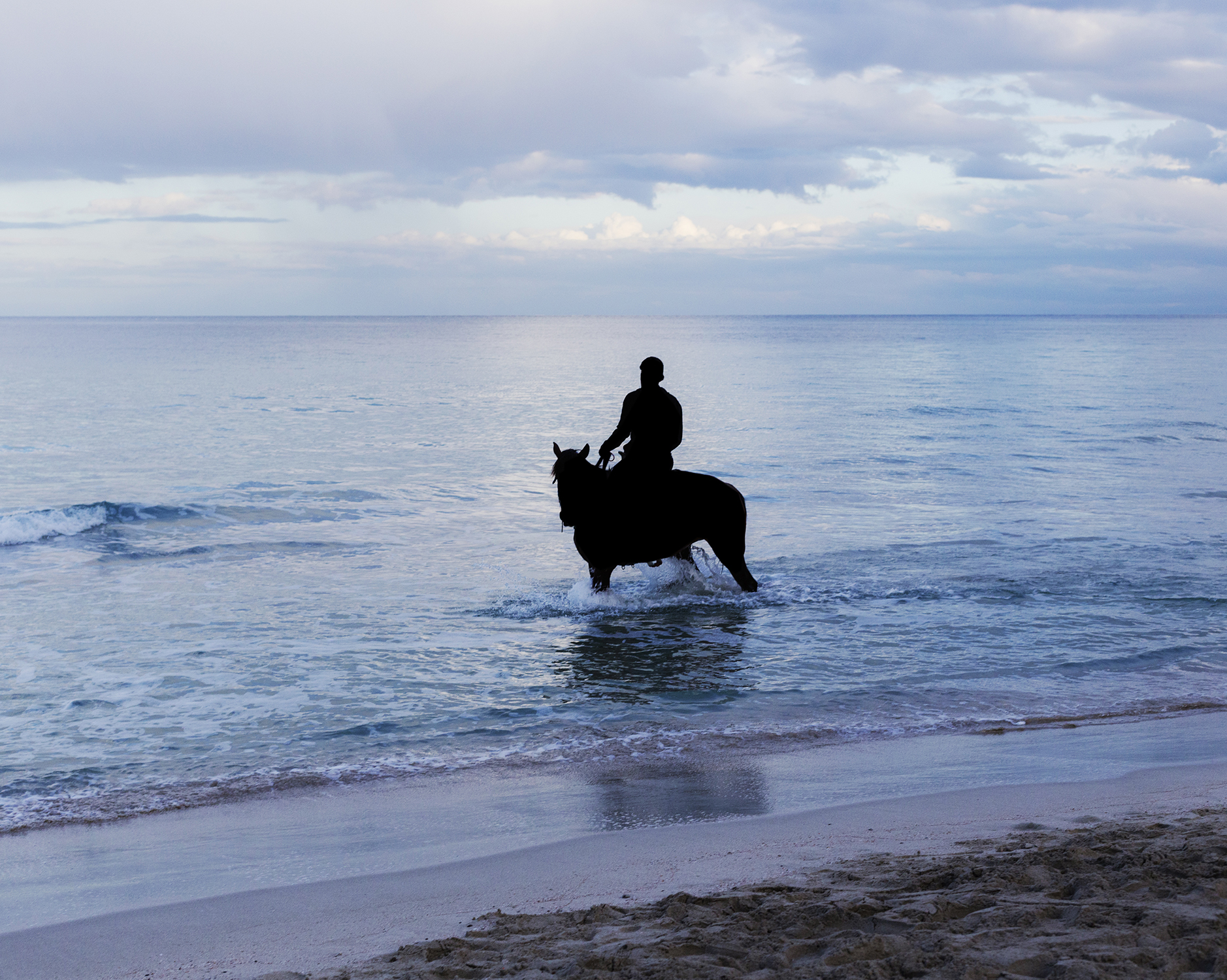







We entered a fine harbor there, all walled around
by a great unbroken sweep of sky-scraping cliff
and two steep headlands, fronting each other, close
around the mouth so the passage in is cramped.
Here the rest of my rolling squadron steered,
right into the gaping cove and moored tightly,
prow by prow. Never a swell there, big or small;
a milk-white calm spreads all around the place.
But I alone anchored my black ship outside,
well clear of the harbor’s jaws
I tied her fast to a cliff side with a cable.
I scaled its rock face to a lookout on its crest.
The Odyssey, chap. X



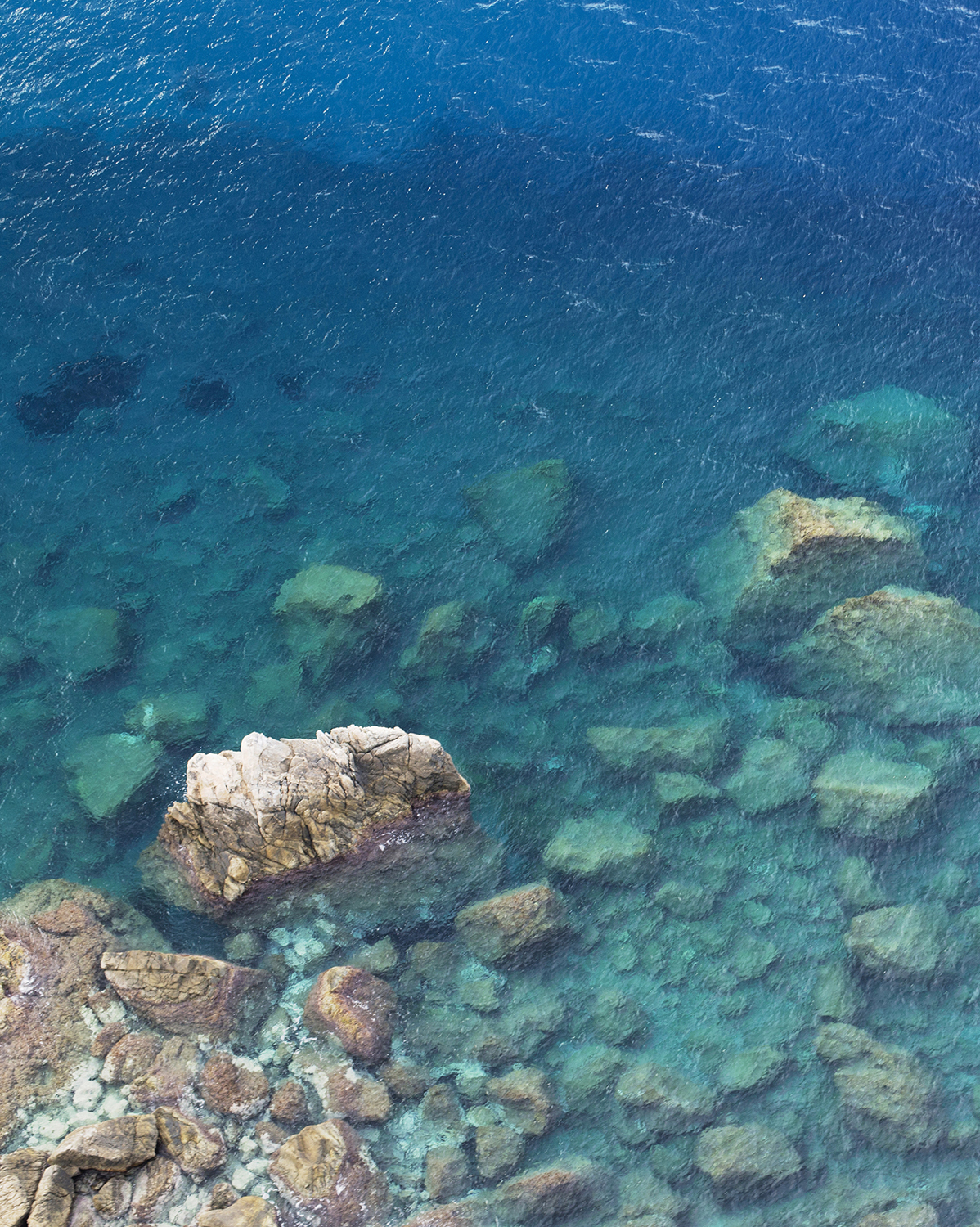




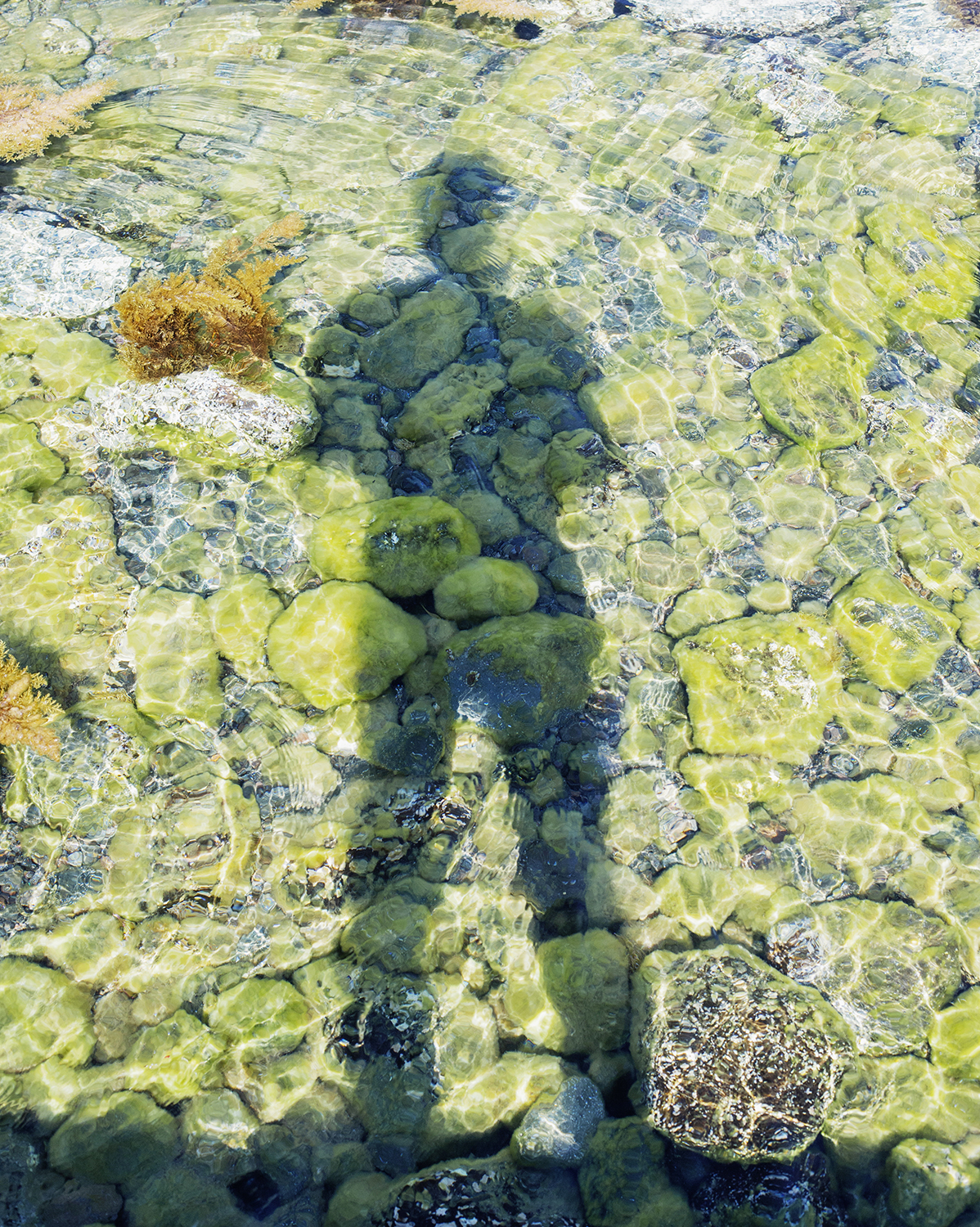
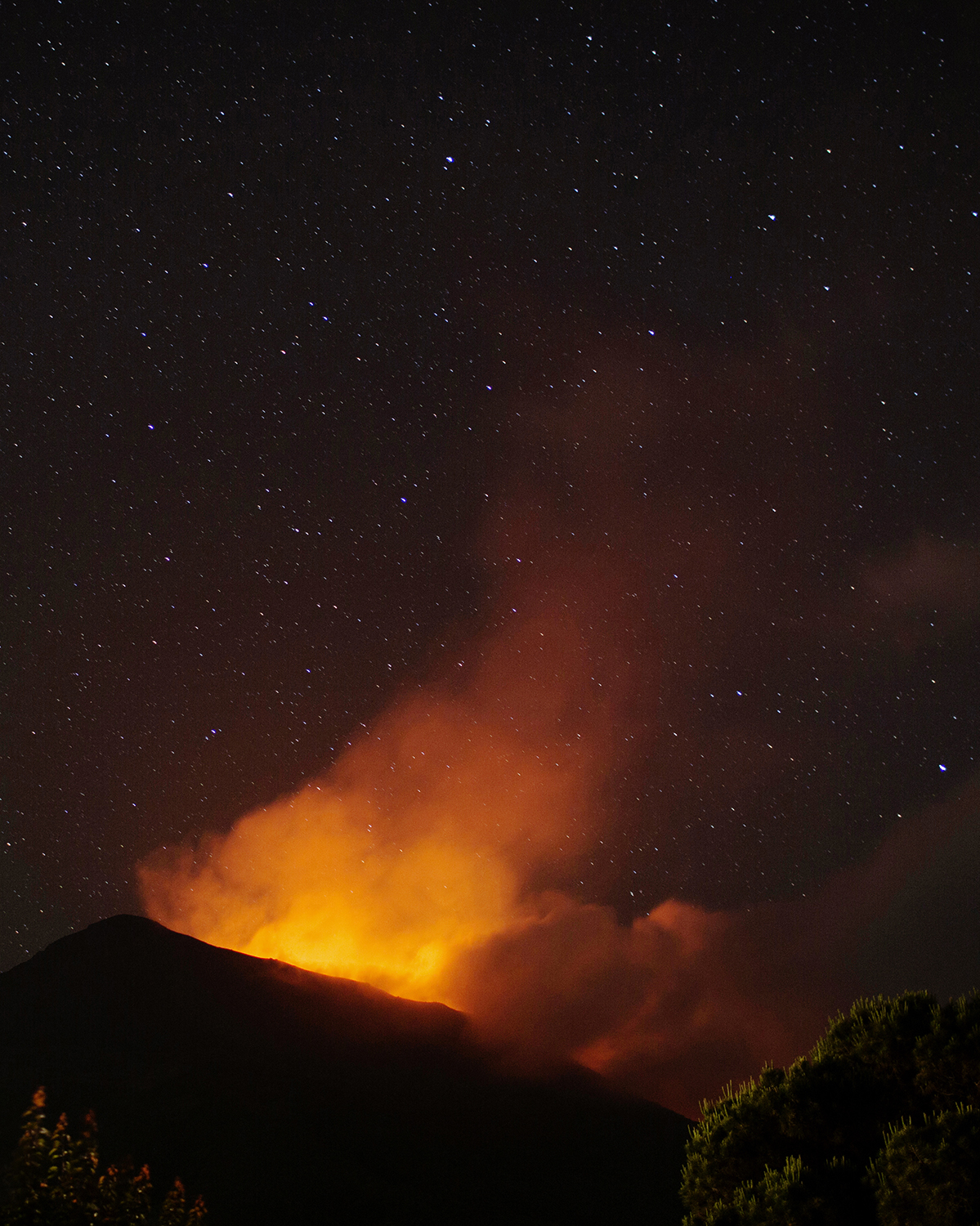



Now down we came to the ship at the water’s edge,
we hauled and launched her into the sunlit breakers first,
stepped the mast in the black craft and set our sail
and loaded the sheep aboard, the ram and ewe,
then we ourselves embarked, streaming tears,
our hearts weighed down with anguish …
But Circe the awesome nymph with lovely braids
who speaks with human voice, sent us a hardy shipmate,
yes, a fresh following wind ruffling up in our wake,
bellying out our sail to drive our blue prow on as we,
securing the running gear from stem to stern, sat back
while the wind and helmsman kept her true on course.
The sail stretched taut as she cut the sea all day
and the sun sank and the roads of the world grew dark.
And she made the outer limits, the Ocean River’s bounds.
The Odyssey chap. XI










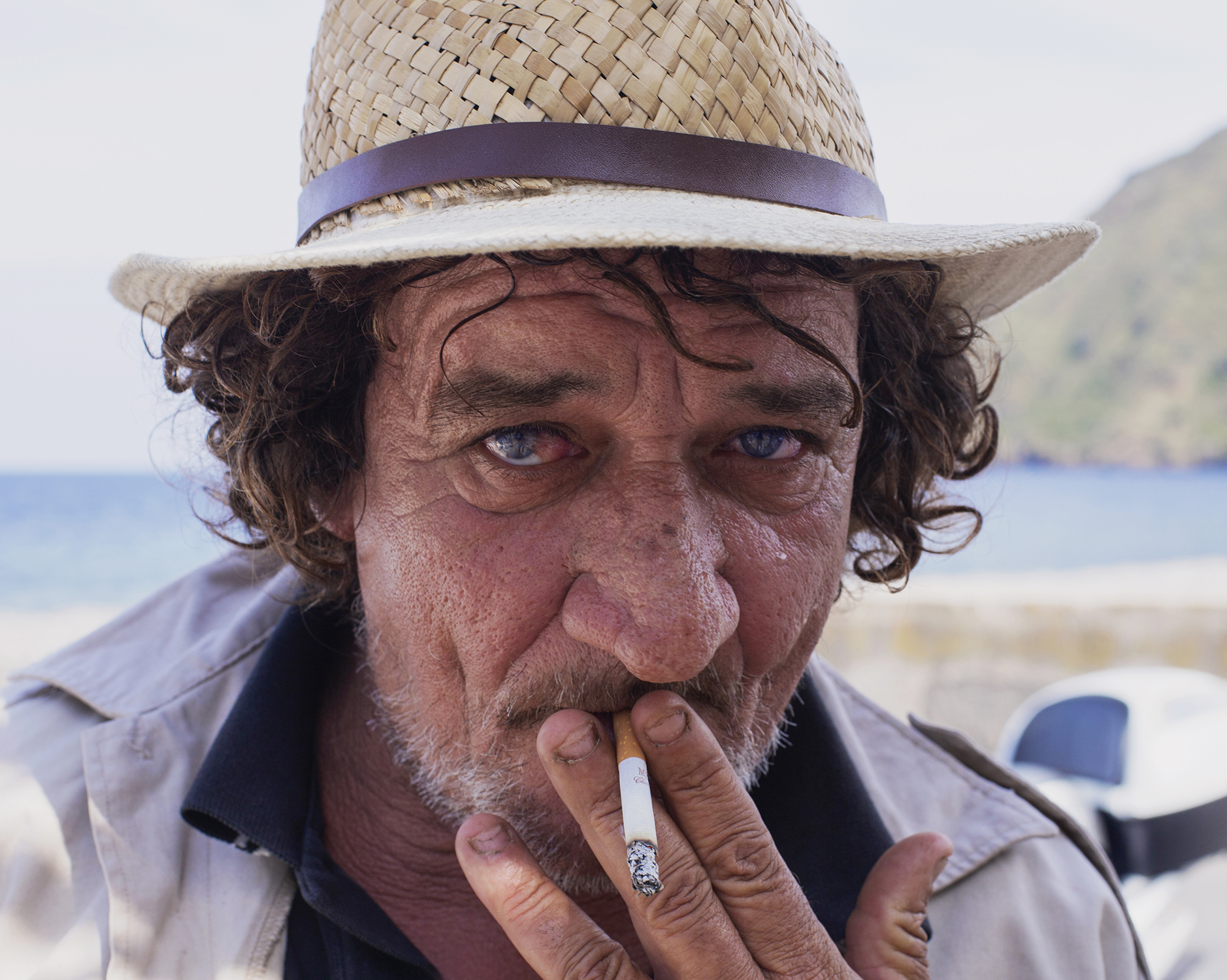
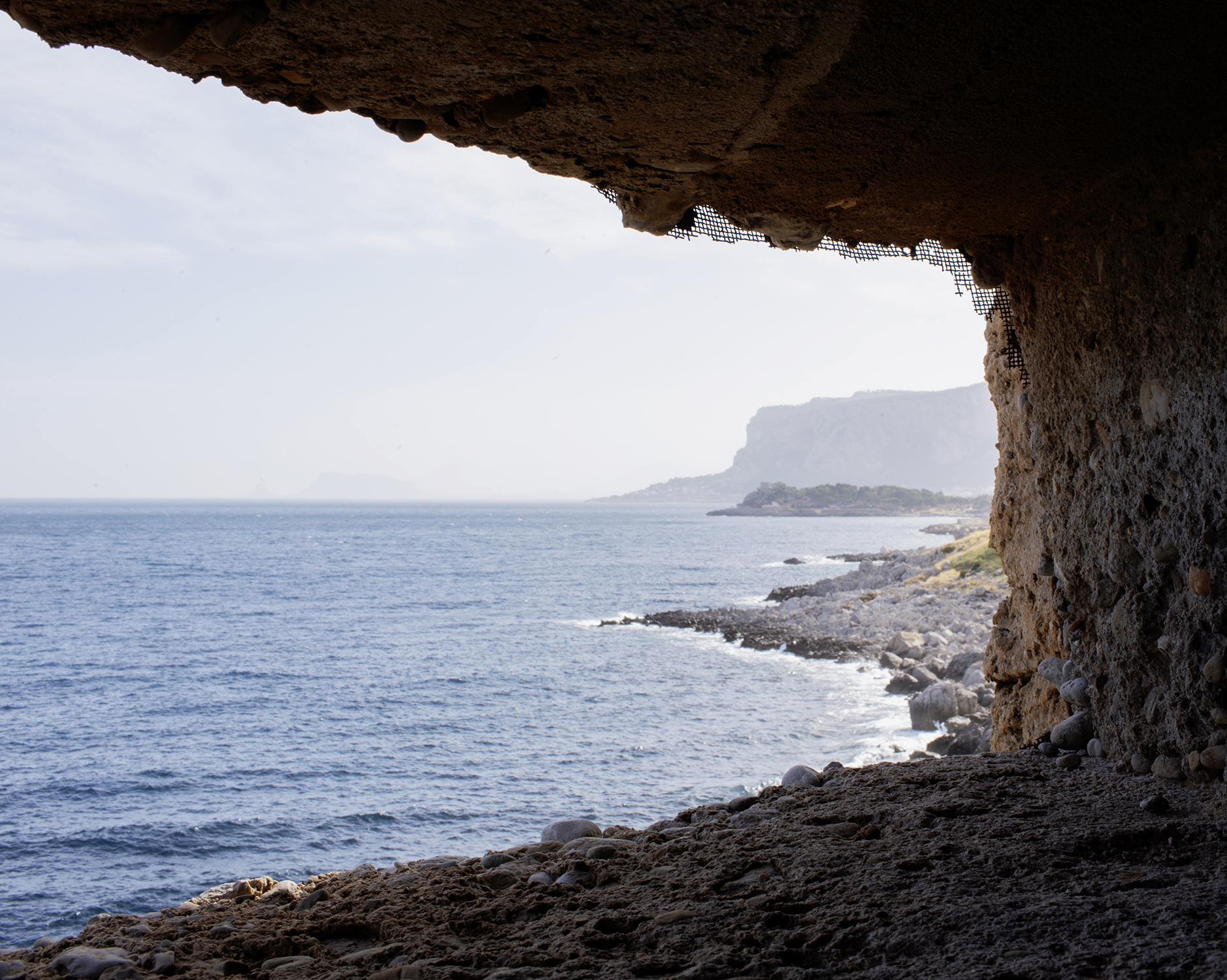
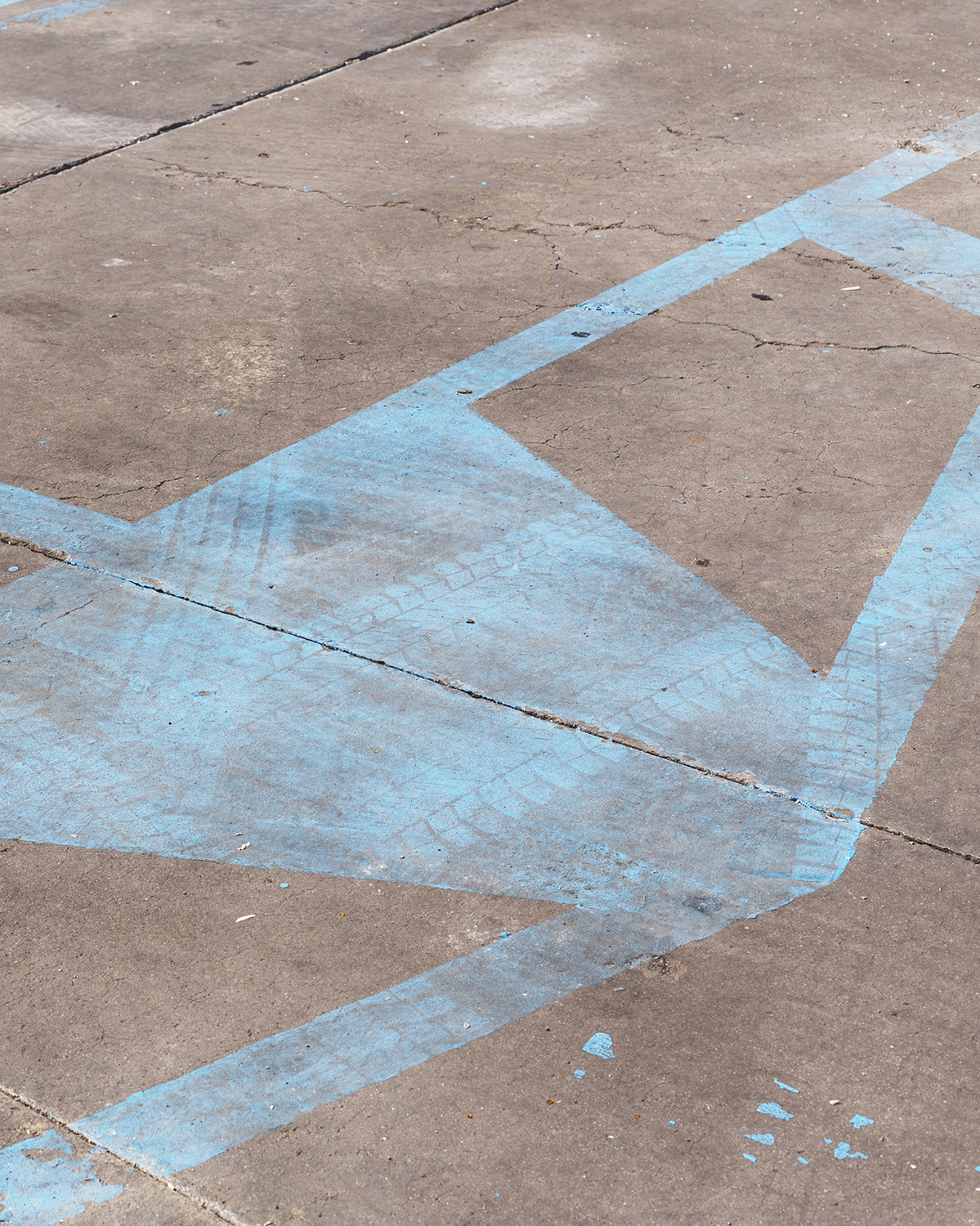

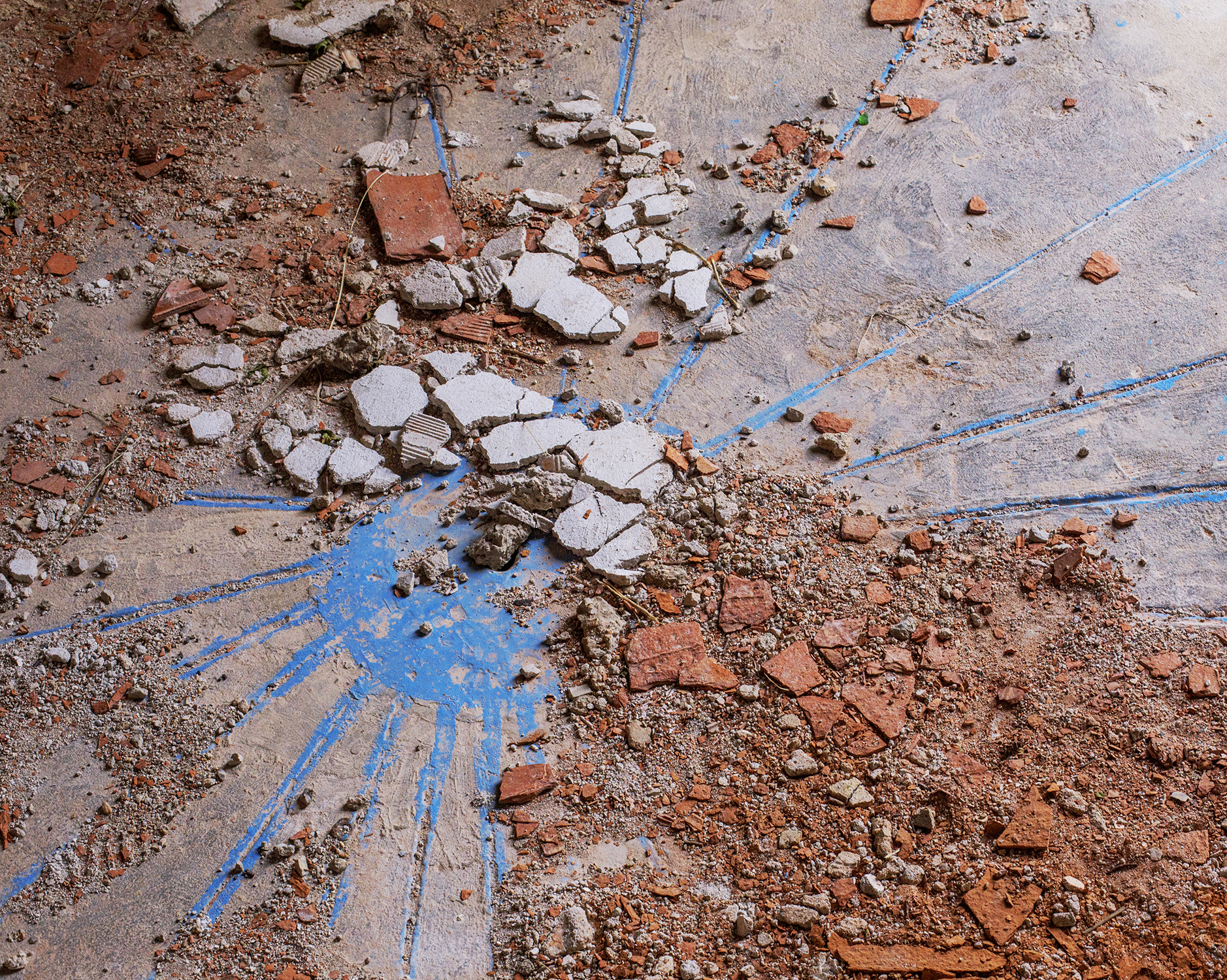
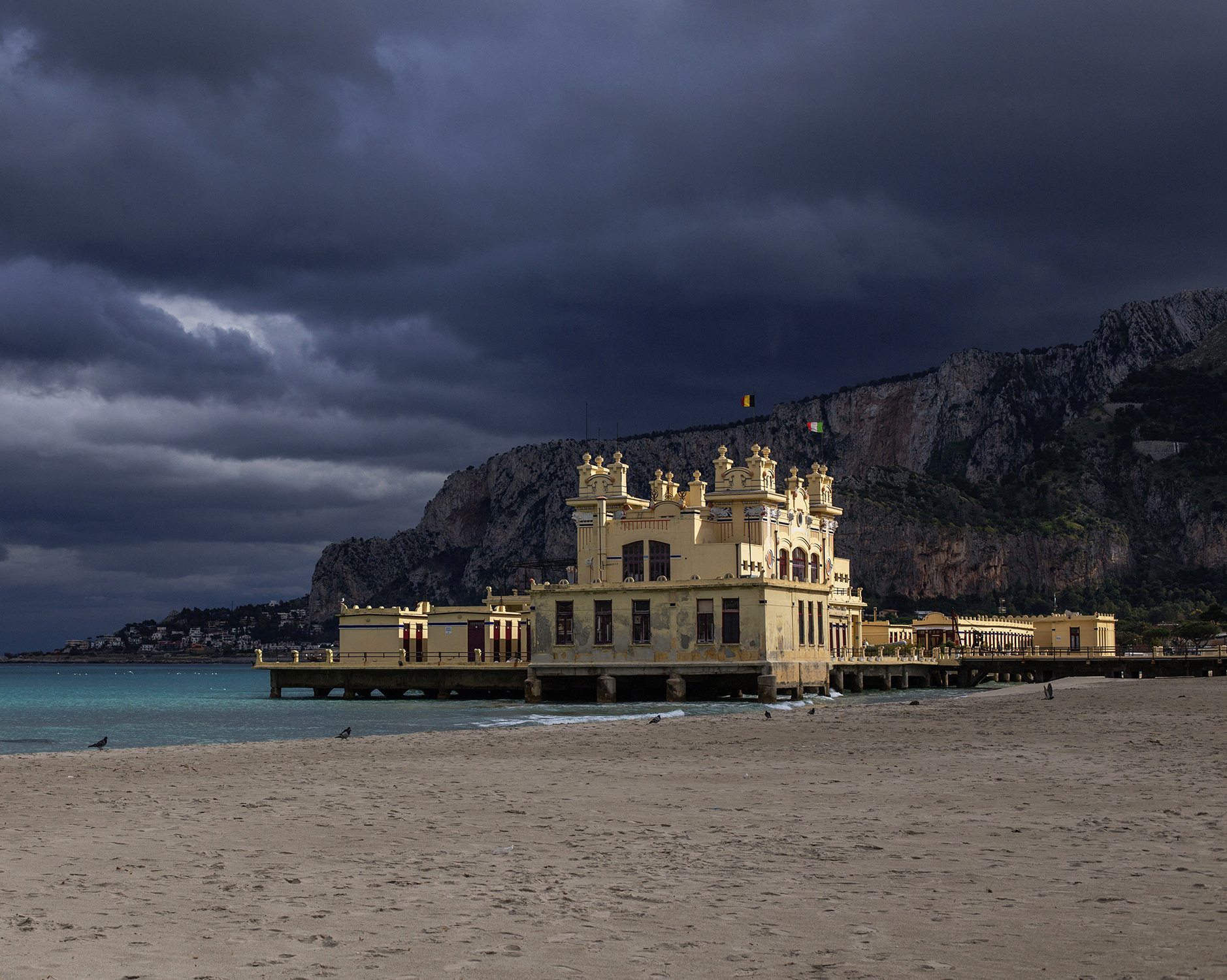

When they reached the ship at the water’s edge
the royal escorts took charge of the gifts at once
and stores of food and wine, stowed them deep in the holds,
and then for their guest they spread out rug and sheets
on the half-deck, clear astern on the ship’s hull
so he might sleep there soundly, undisturbed.
And last, Odysseus climbed aboard himself
and down he lay, all quiet,
as crewmen sat to the oarlocks, each in line.
They slipped the cable free of the drilled stone post
and soon as they swung back and the blades tossed up the spray
an irresistible sleep fell deeply on his eyes, the sweetest,
soundest oblivion, still as the sleep of death itself …
And the ship like a four-horse team careering down the plain,
all breaking as one with the whiplash cracking smartly,
leaping with hoofs high to run the course in no time—
so the stern hove high and plunged with the seething rollers
crashing dark in her wake as on she surged unwavering,
never flagging, no, not even a darting hawk,
the quickest thing on wings, could keep her pace
as on she ran, cutting the swells at top speed,
bearing a man equipped with the gods’ own wisdom,
one who had suffered twenty years of torment, sick at heart,
cleaving his way through wars of men and pounding waves at sea
but now he slept in peace, the memory of his struggles
laid to rest.
The Odyssey, chap. XIII
